Many of my readers are eager to be on TV, either in a ghost hunting TV series, or a more general paranormal TV show.
Here’s the LEAST you need to know.
Additional info
It can help to get general media exposure, first.
One of the main resources is Help a Reporter Out, aka “HARO.”
Remember, those listings are not screened or verified. You could be talking to some creepy guy with no media connections at all.
Never give out personal contact information unless you have confirmed the person’s professional references. Call the network, production company, or publisher to verify the contact information for that person.
Got a job offer? Get everything in writing.
Make sure it’s very specific about what you’re expected to do, for how much money, and exactly when you’ll be paid.
Know the risks.
Another producer offered me a part on a new TV show. She said it was going to be a serious, academic show.
The production company bought my plane ticket, said they’d reserved an upscale hotel room for me, and promised I’d have a full-time chauffeur during the filming.
Everything seemed ideal.
Then, right before I got on the plane, someone on the production crew blundered. She told me the show’s real name. It was far from academic.
I cancelled.
So, make sure your contract says exactly which show you’re being filmed for. Don’t give the production company (or the network) free rein to use your interview or appearance in any show they like.
Listen to the producers’ questions.
- Are they too eager to believe your story? Suspect false sincerity.
- Are they fishing for drama where they wasn’t any? It’s one thing to build a good story that engages viewers. It’s another to turn your experience into something far more extreme (and ridiculous) than it was.
- Are they digging for something to discredit you, or portray you as someone unstable? Of course, producers want to avoid guests that could be a liability.
Jason Gowin (from Extreme Paranormal) said this after his confidentiality agreement had expired:
Realize that nothing you do on television will be safe from manipulation… Rest assured, you are there to make money for them, not be a beacon of integrity. [Link]
Pay attention to your gut feeling.
If something doesn’t seem right, maybe it isn’t.
Don’t expect fame for yourself or your paranormal investigating team.
Most TV shows avoid guests who might profit from a TV appearance. Producers may edit out anything that might help your career. Expect that.
A paycheck is not guaranteed.
The producers’ (and the networks’) explanation is: A paid appearance could be misunderstood as a performance.
Many TV shows will get around this by offering to pay for your travel expenses and give you a “per diem” to cover additional out-of-pocket costs.
The per diem could barely cover meals from McD’s dollar menu. Or, the per diem might pay for a nice big TV, to watch yourself later, when you’re on the show.
Generally, producers won’t tell you how much the per diem will be, unless you insist on it in the contract. Expect a tiny per diem, and hope to be pleasantly surprised.
If you’re going to be a cast member on a series, make sure you earn enough to cover your monthly bills.
I have a firm policy of not asking friends how much they earn from their shows. I don’t want to know. I already feel sorry for how much privacy they’ve given up, and how much they’re away from their families.
- According to rumors, many stars earned a low four-figures, per episode, sometimes working seven days a week and 10- to 12-hour days.
- I’ve heard that supporting cast members (not the two or three stars) earned about $500/episode. I hope I’m wrong about that.
You can be on TV if you really want to be.
If you’ve read this far, you probably think fame is worth the risks.
The first thing to consider is your strategy. Sometimes it’s easy to get on ghost-related TV shows. Sometimes, it’s easier to get on another kind of TV show, and use that as a credential to get on the show you want. That’s why you’ll look at opportunities far beyond paranormal shows.
Start with the following resources.
Resources
I recommend HARO lists (linked above) and sites like RealityWanted.com (Sites like that appear and disappear rapidly. If you’re not dealing directly with the network, always be sure you’re talking with a reputable company.)
Also check network-specific webpages, such as casting calls for SyFy, MTV, ABC, VH1, TLC, HGTV, BBC (UK).
(You never know when a network will take an interest in paranormal programming. I recall an episode of a food-related TV show where people competed by preparing ghost-themed cakes… and a real paranormal investigator was among the judges.)
You may find even more casting calls at production companies’ websites, such as Pilgrim (Ghost Hunters, etc.).
References
Get advice from experts. Don’t leap into this field unprepared! You may have just one chance to be on (or pitch) the show of your dreams. Get it right the first time.
- The 2006 book, Get on TV, is still one of the most popular books on this subject. It’s not specifically about reality shows. It teaches you how to build a career by being on a wide range of TV shows. If being a TV star has been your life-long goal, this book is worth reading.
- If you’re interested in reality TV and you’d like to be a guest, a star, a producer or a writer, you’ll want to read Reality TV: An Insider Guide to TV’s Hottest Market. This 2011 book gives you a good overview plus specific advice, and earns rave reviews from people in the industry.
- This next book is by the winner of Big Brother 10 (U.S.), Dan Gheesling: How to Get On Reality TV. And, since it’s a Kindle book, you can download and read it immediately.
There are other books about this subject, but those look most useful.

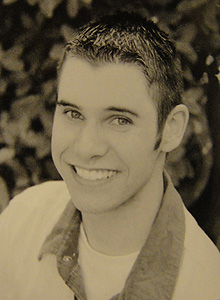
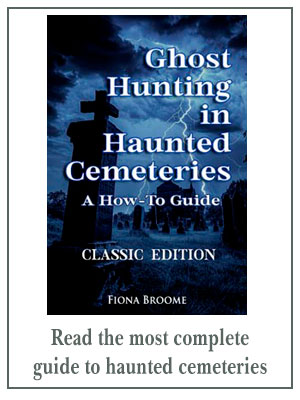
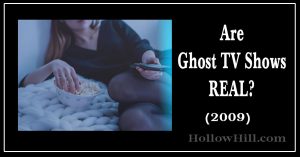
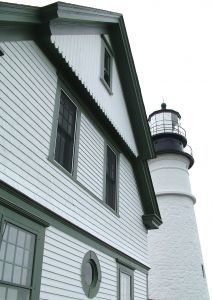 TV shows don’t represent how many houses we visit that aren’t haunted.
TV shows don’t represent how many houses we visit that aren’t haunted. 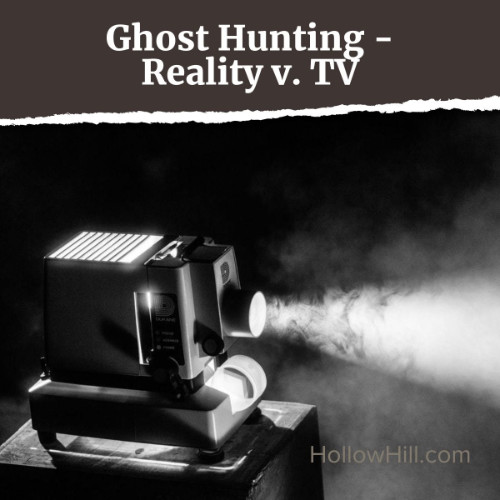
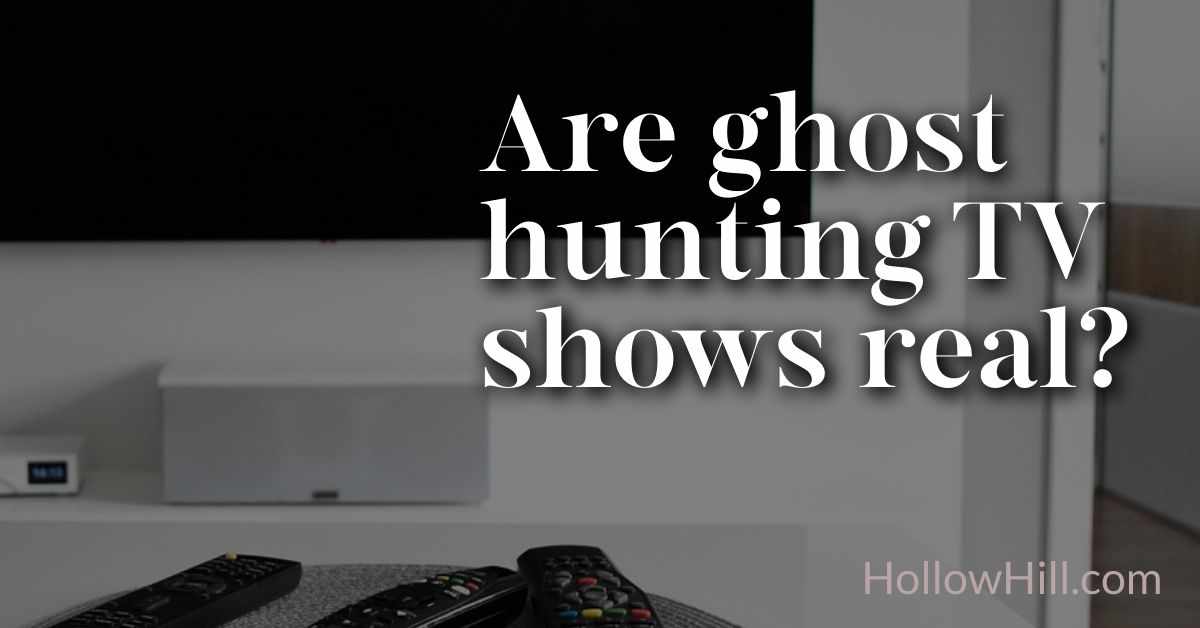
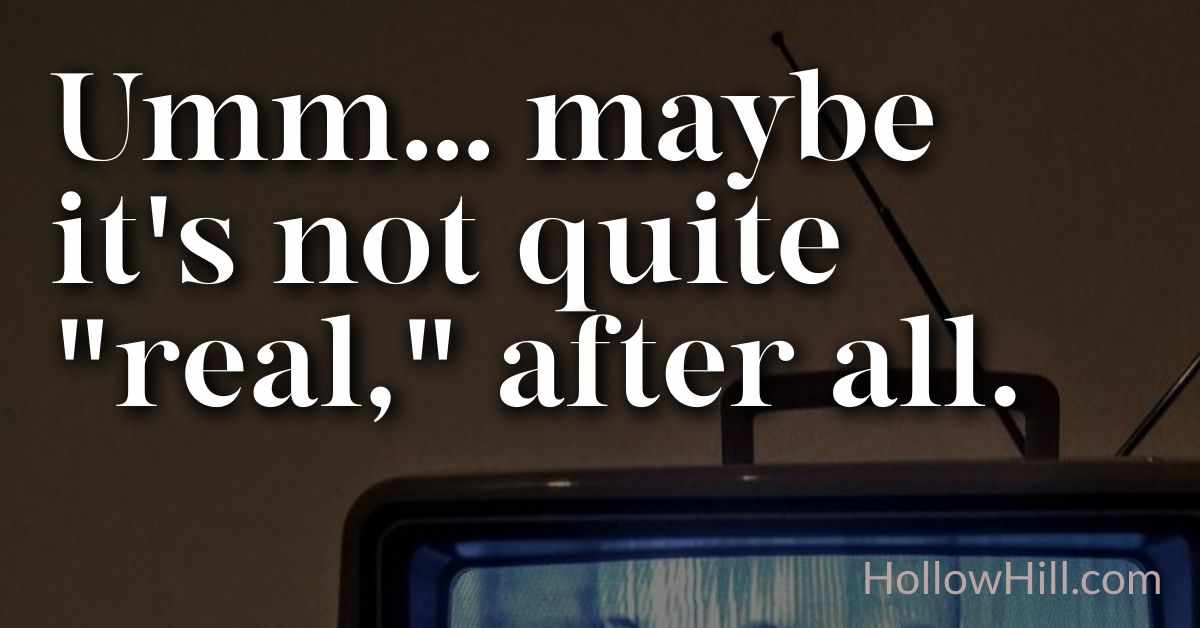
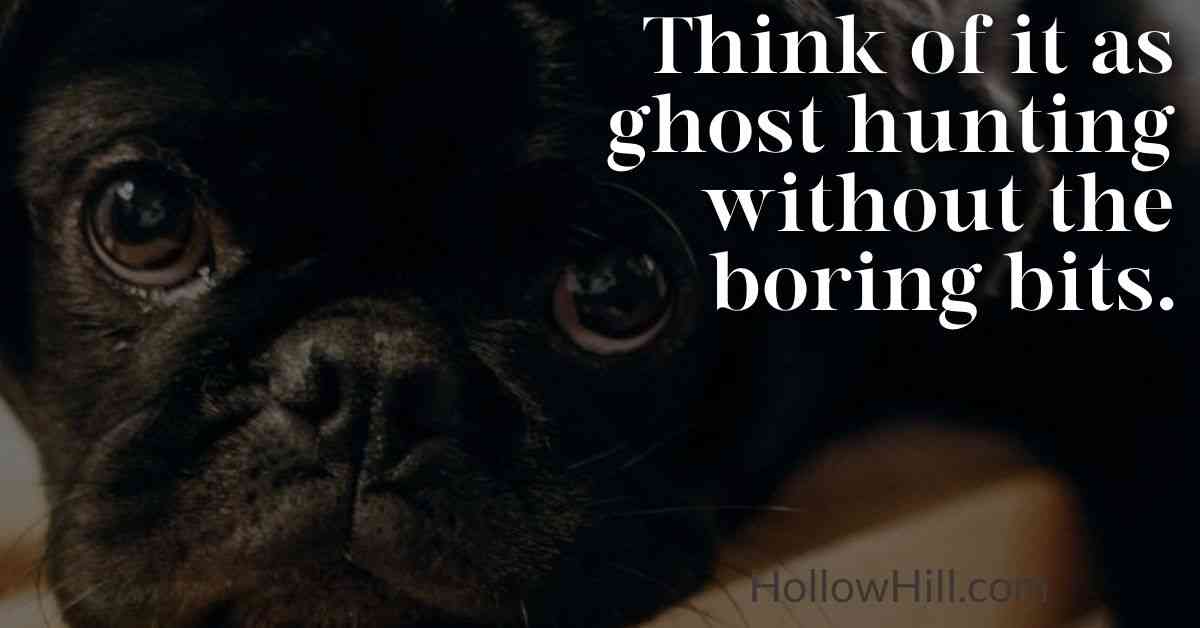
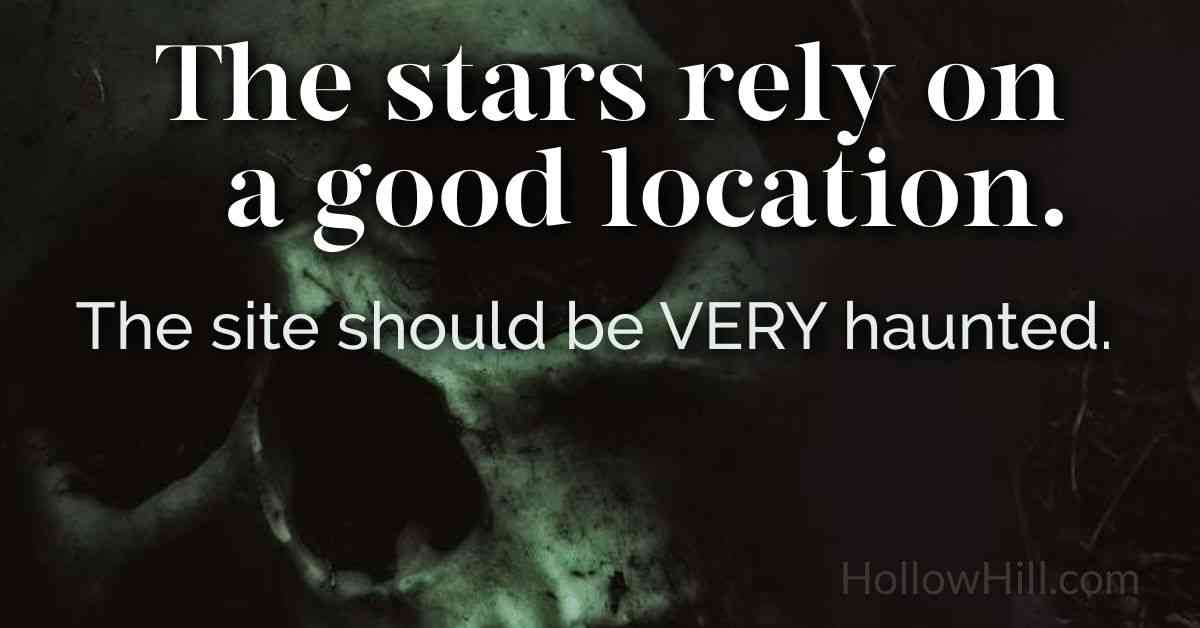
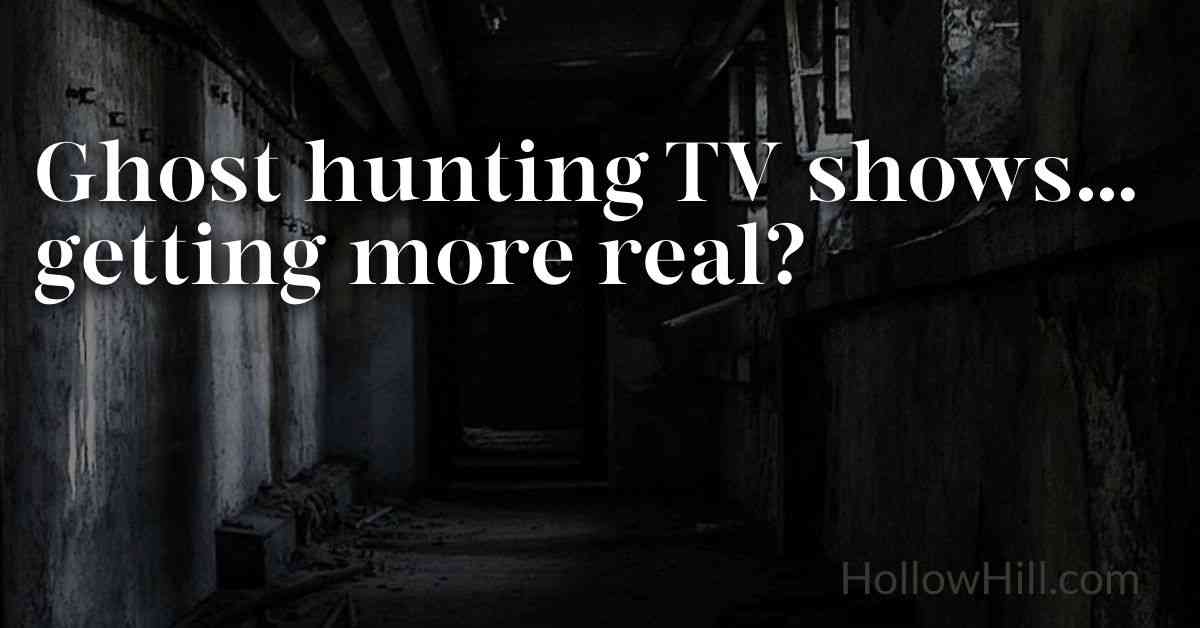
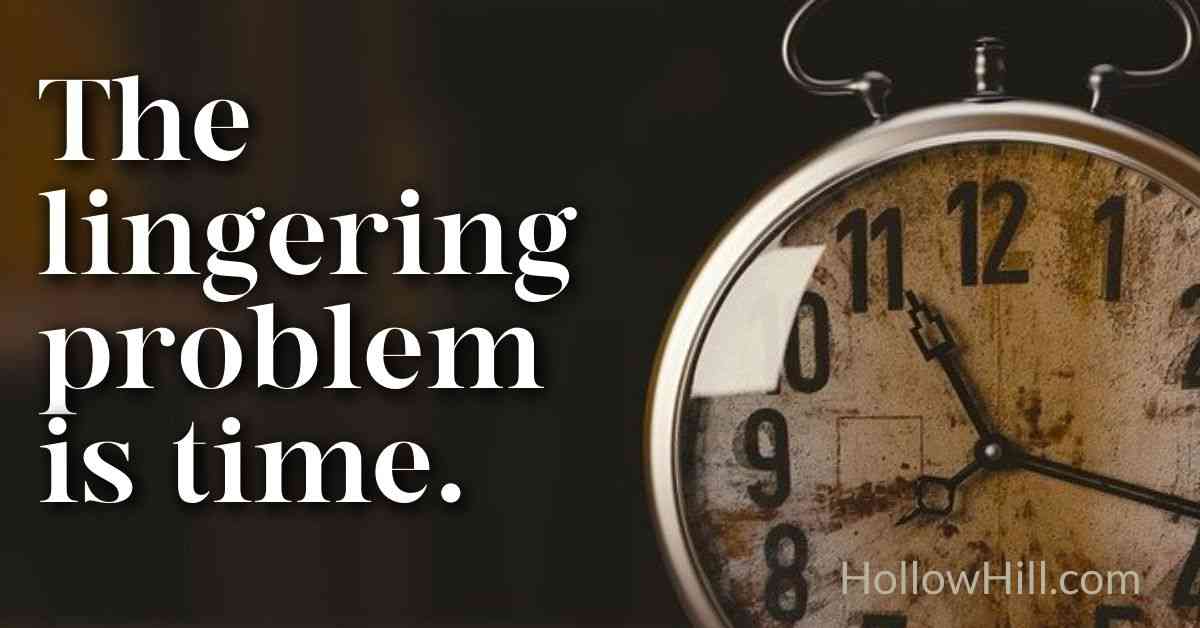
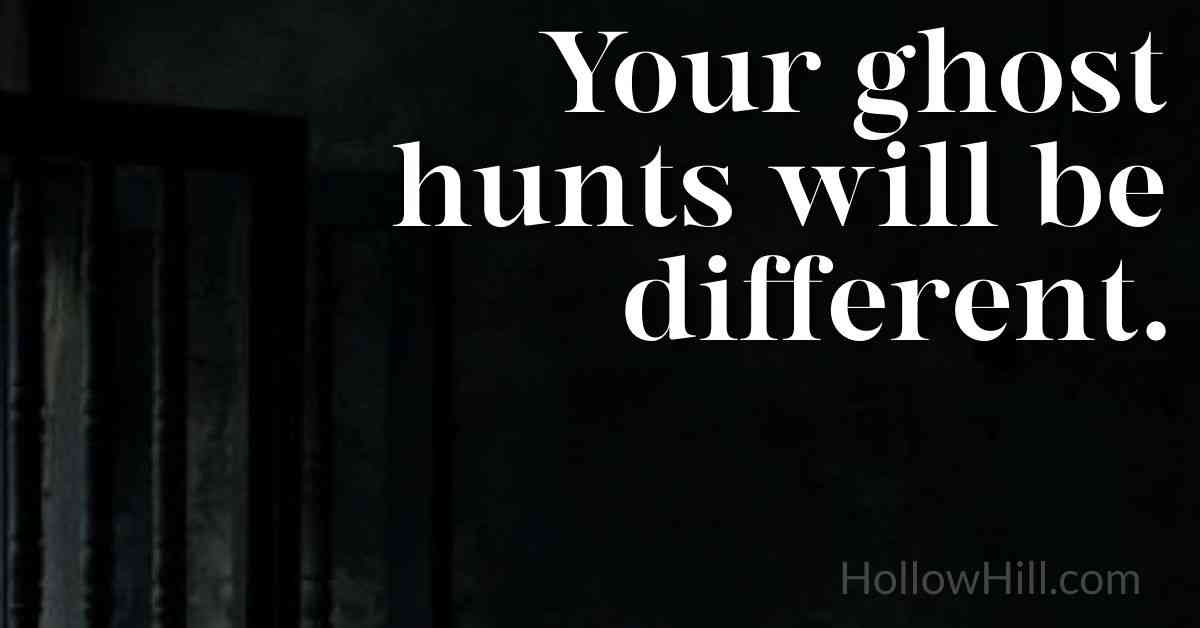

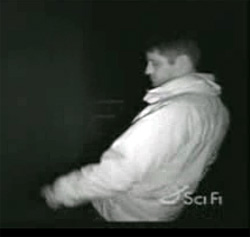 Starting the first of November, 2008, the emails poured in. Each of them asked me questions like those.
Starting the first of November, 2008, the emails poured in. Each of them asked me questions like those.